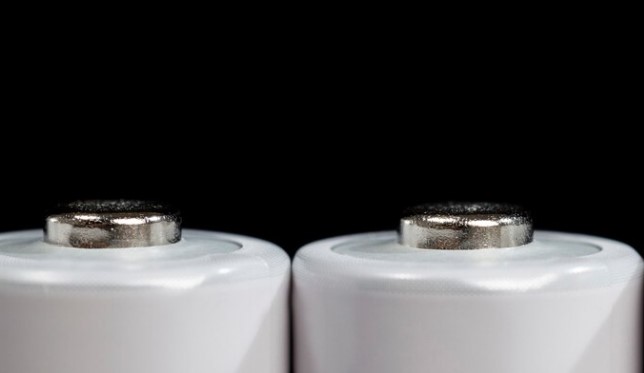Ask any seasoned electrical engineer about one of the most vital parameters in capacitor selection for power electronic applications, and they’ll likely point you toward “ripple current.” While capacitors are ubiquitous in electronic systems, the nuances of ripple current can be the difference between a reliable system and one that fails prematurely. In this comprehensive guide, we’ll break down what ripple current is and how it affects the performance and lifespan of capacitors, setting the stage for informed engineering decisions.
Unraveling the Concept of Ripple Current
Defining Ripple Current
In the context of capacitors, ripple current refers to the AC component of the current that flows through the capacitor. In practical terms, this is the fluctuating current drawn by a load that is not constant but changes over short periods of time, such as in power supply applications, where the capacitor smooths the input or output voltage.
Why Is Ripple Current Significant?
Ripple current matters because it can lead to increased temperature within the capacitor, which is one of the major contributors to capacitor failure. If a capacitor is incapable of handling the ripple current within its specified operating temperature limits, it can lead to overheating, a reduction in service life, or even catastrophic failure.
Sources of Ripple Current
Ripple current finds its origins in multiple areas within the electrical system:
- Power Supply Circuits: Here, ripple current occurs due to the rectified AC power that is not fully smoothed by the capacitor.
- Variable Load Conditions: Any load that fluctuates, particularly those in AC waveform form, can introduce ripple current.
- Circuit Topology: The topology of the circuit itself, such as its controlled rectifiers or inverters, can influence the ripple component in current.
Impact of Ripple Current on Capacitor Reliability
Heating Effects
Capacitors dissipate energy when they charge and discharge, and with high ripple current, this becomes a continuous process, causing a build-up of heat. Excessive ripple current leads to a temperature rise in the capacitor, which accelerates aging and degradation of the dielectric material.
Dielectric Degradation
Over time, the stress from ripple current can cause the dielectric material within a capacitor to break down, leading to a reduction in its capacitance and insulation resistance, ultimately resulting in a short or open circuit condition.
Service Life and Capacitor Selection
When selecting capacitors for an application, it’s vital to consider the ripple current that will be experienced. Manufacturers provide specifications, including the maximum ripple current, duty cycle, and allowable temperature rise, which engineers must evaluate to ensure the capacitor’s service life aligns with the system’s requirements.
Strategies to Mitigate Ripple Current Issues
Proper Application Practices
Designers must calculate the expected ripple current in a system and select capacitors accordingly. They should also ensure sufficient operating voltage headroom to accommodate any voltage spikes induced by ripple currents.
Thermal Management
Adequate thermal management is crucial in dissipating the heat generated by high ripple currents. This includes proper layout and spacing of components, use of heat sinks, and even active cooling systems in some cases.
Advanced Materials and Construction
Manufacturers are constantly developing advanced materials and construction techniques to enhance the ripple current capabilities of capacitors. Polymers and hybrid polymer capacitors, for instance, offer better performance under high ripple conditions compared to traditional electrolytic capacitors.
Test and Measurement
Ripple current can be a complex parameter to predict accurately. Therefore, testing is critical to understanding the behavior of capacitors in real-world applications. Test standards such as those outlined by the Electronic Industries Association (EIA) can be followed to measure and verify ripple current capabilities.
Considerations for Long-Term Reliability
Degradation Models
Reliability engineers often use accelerated life testing (ALT) to estimate the life expectancy of capacitors under various conditions, including ripple current. By applying stress to the capacitors in ALT, engineers can develop degradation models to predict failure rates over time.
Environmental Stresses
Besides ripple current, environmental factors such as temperature, humidity, and vibration play a role in the reliability of capacitors. Combined stresses result in a compound effect on life expectancy, making it imperative to consider the complete picture when evaluating long-term performance.
Advances and Future Trends
Capacitor Technologies for the Future
Emerging technologies, including solid-state capacitors, graphene, and other advanced materials, are being researched to create more robust components capable of handling higher ripple currents without compromising on size or performance.
Innovations in Component Integration
The trend toward integration involves combining multiple functions within a single component, which shifts the focus to designs that can handle multi-stressed environments, including high ripple currents, to improve system-level reliability.



